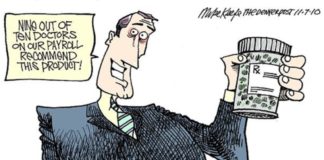Pharma Industry News Update: 2 May 2017
Open Letter to Dr. Gottlieb: FDA Must Add New Suicidal Behavior to Paxil Warning Label
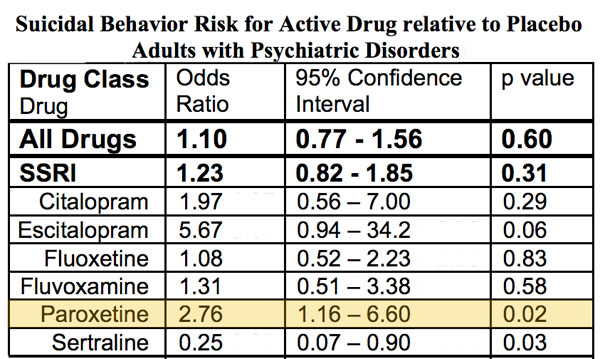
[From www.statnews.com] Dear Dr. Gottlieb,
As you inch closer to becoming the new head of the Food and Drug Administration, your list of challenges must be swelling. Here is one more item to add: Whether to insist on a stronger warning label for the antidepressant Paxil.
For the past decade, Paxil’s label has not carried any information indicating the drug poses a statistically significant risk of suicidal behavior for anyone over 25. Yet there is scientific evidence that such a risk is real (see table, above). A jury in Chicago recently decided that that a label warning could have prevented the death of a 57-year-old man who killed himself while taking a generic version of Paxil.
For public health reasons, the FDA should pursue a warning.
“Even recognizing the limitations of the data (found in the relevant analysis), it’s hard to understand [why] the increased risk of suicidal behavior, or attempts, is not in the label,” said Dr. David Kessler, a former FDA commissioner and now a professor at the University of California, San Francisco, School of Medicine.
Here’s the backstory: Paxil is one of several antidepressants known as an SSRI, a group that includes Prozac and Zoloft. For many years, the drugs were mired in controversy over whether they increased the risk of suicidal behavior and thoughts. The FDA eventually ordered the companies to warn of such a risk for children and young adults.
But what about issuing a warning for adults older than 25? The opportunity was bungled.
Adherence Challenges Faced by Patients
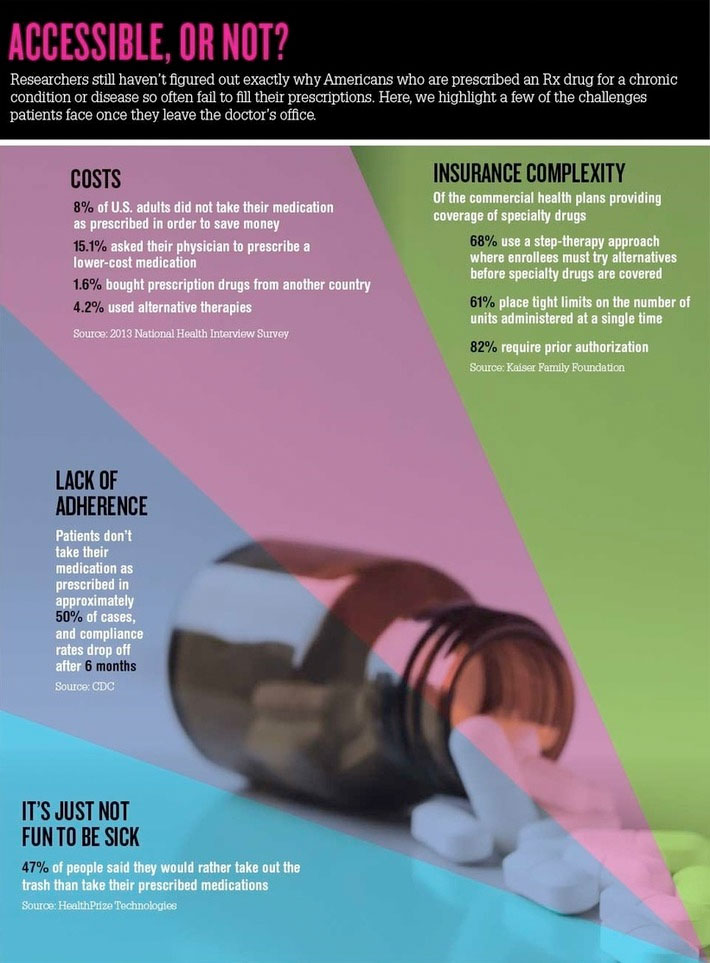
[From www.mmm-online.com] Researchers still don’t know why Americans who are prescribed a prescription drug to treat a chronic condition or disease so often fail to fill those prescriptions.
Pharma Guy’s insight:
- Patients might be more adherent if drugs had simpler names: http://sco.lt/6e9YfZ
- Meanwhile, doctors seem to know what’s going on. Read Docs Cite Cost & Side Effects as #1, #2, & #3 Reasons Patients are Non-Adherent, Not Forgetfulness
Pharma Industry Social Media Trends
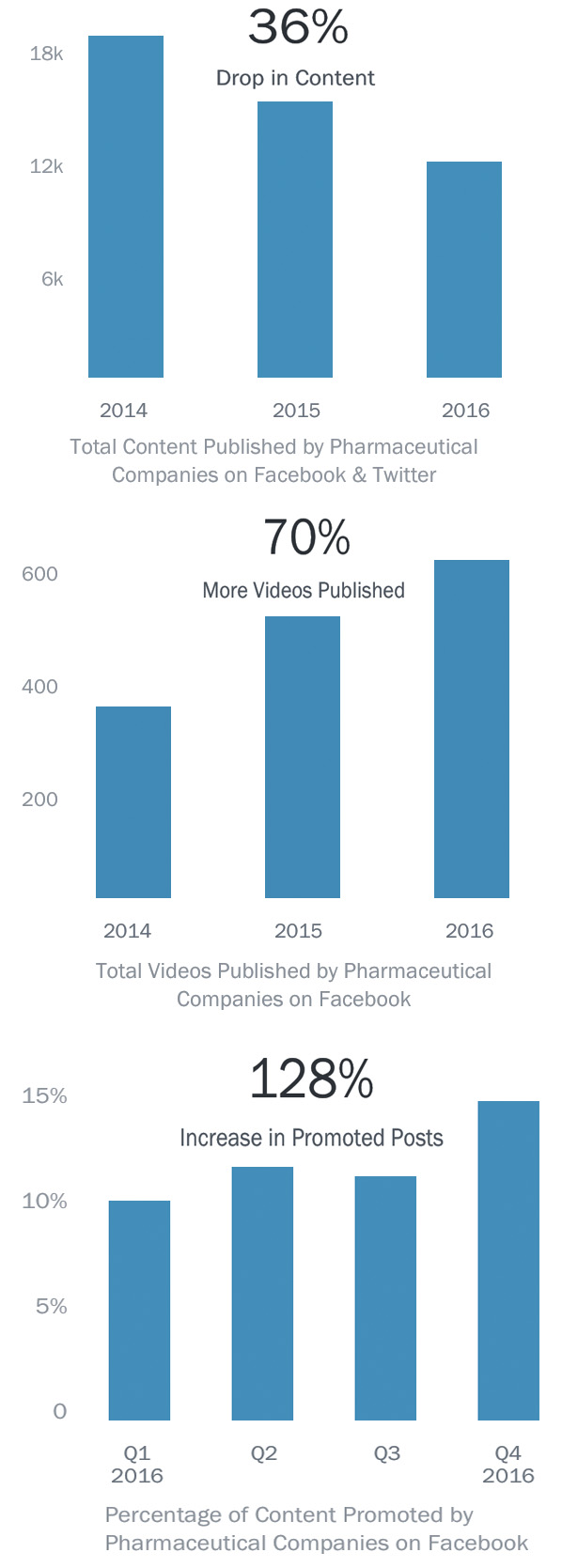
[From www.prweb.com] Unmetric, leading brand-focused social media intelligence company, today released new research that shows how 16 major pharmaceutical brands have embraced social media and the trends that have emerged in the industry.
Key Trends Include:
- Pharmaceutical companies are producing less content. Across social networks, pharmaceutical companies have been publishing less social media content with a 36% drop in the amount of public content published from 2014 – 2016.
- Video content is on the rise. Videos now account for 16% of all content published by pharmaceutical companies on Facebook. Total videos published by pharmaceutical companies of Facebook rose 70% from 2014 – 2016.
- Facebook engagement is on the rise. Though the volume of public content published by pharmaceutical companies has fallen year-on-year, the average interactions per post increased 115% from 2013 – 2016.
- Companies reply to fewer tweets than ever. Pharmaceutical companies are more reluctant to get involved in conversations on Twitter with a 128% drop in replies from 2014 – 2016. The largest decline came from OTC brand handles.
Further Reading:






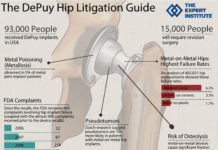
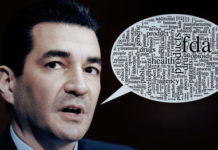
![6 Digital Tools at the Center of Healthcare Digitalization [INFOGRAPHIC]](http://ec2-54-175-84-28.compute-1.amazonaws.com/pharma-mkting.com/wp-content/uploads/2021/04/6DigitalTools_600px-100x70.jpg)




